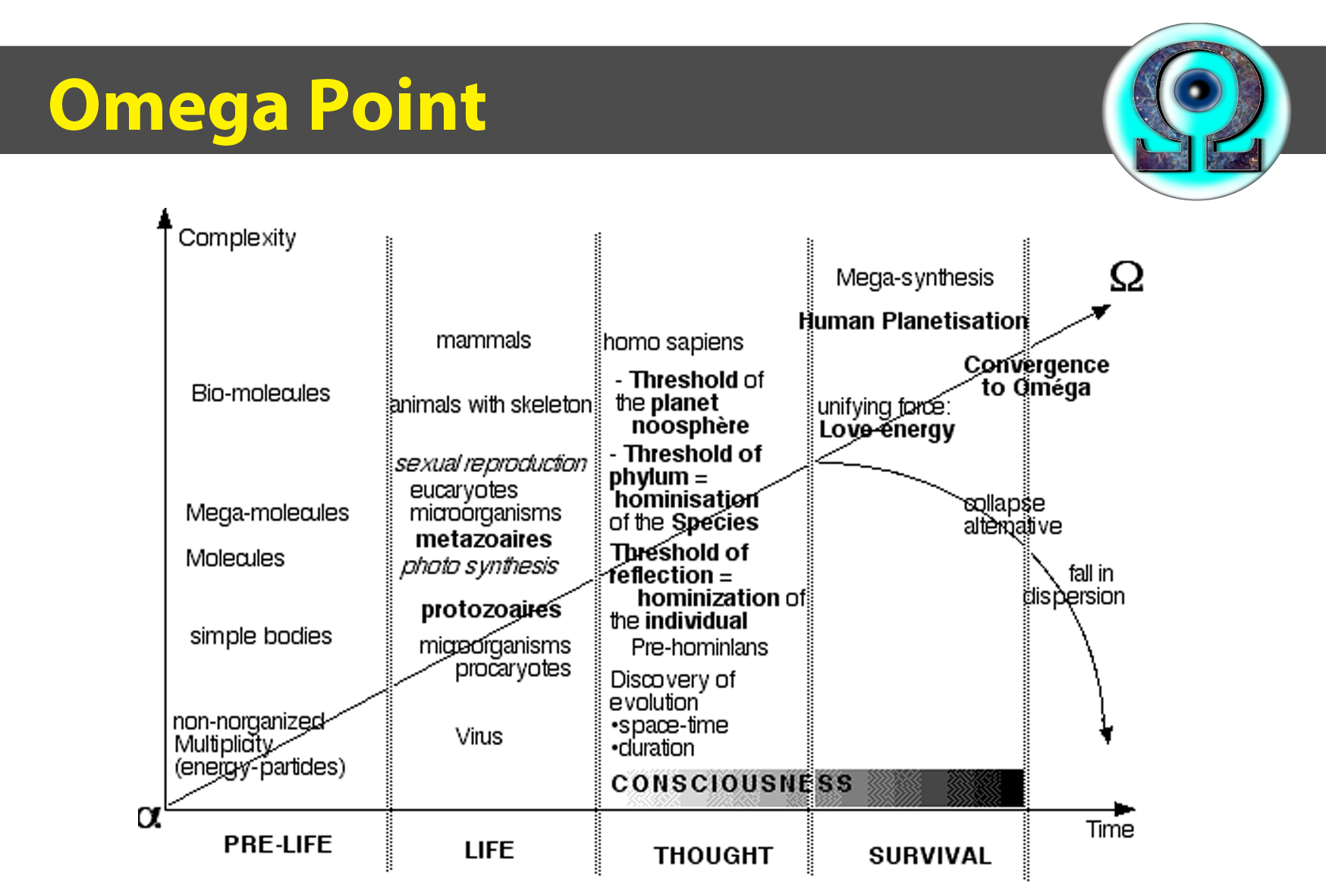

From their bleak perch, the characters speak in fragmented truisms that sound like excerpts from more fully developed philosophical positions.

He says that "consciousness is exhausted" and that "we want to be the dead matter we used to be." At times, these conversations border on the Scandinavian. Elster in return tells us that "Iraq is a whisper" of the serious catastrophes to come. We join Elster and a young filmmaker somewhere in the American desert, where Elster has gone to escape the "nausea of News and Traffic." The filmmaker wants Elster to make a movie with him no cuts, no artificial lighting, just Elster talking to the camera. In DeLillo's most recent novel, Point Omega (Scribner, $24), the prophecy comes by way of Richard Elster, an aging intellectual who has helped "conceptualize" the war in Iraq. This isn't to say that their pleasures should come cheap we're already drowning in amusements. That's what novels are at their base pleasure machines. In return, I think we have the right to expect that they deliver some kind of pleasure. And on some level, we've got to love our novelists.

For these and lots of other good reasons, DeLillo is often portrayed as more than a writer he's become a kind of secular prophet.īut the problem with prophets is that they're easy to admire and hard to love. In Mao II, he seemed to predict the coming age of terror with its "midair explosions and crumbled buildings." If DeLillo hadn't coined the phrase "Airborne Toxic Event," we would've had to invent it. In White Noise, he presented our lives as media saturated well before the intrusions of the 24/7 news cycle. He's also one of those rare writers whose work has transcended literary circles and touched the wider culture. If it's still possible to be an important novelist, Don DeLillo is one.


 0 kommentar(er)
0 kommentar(er)
